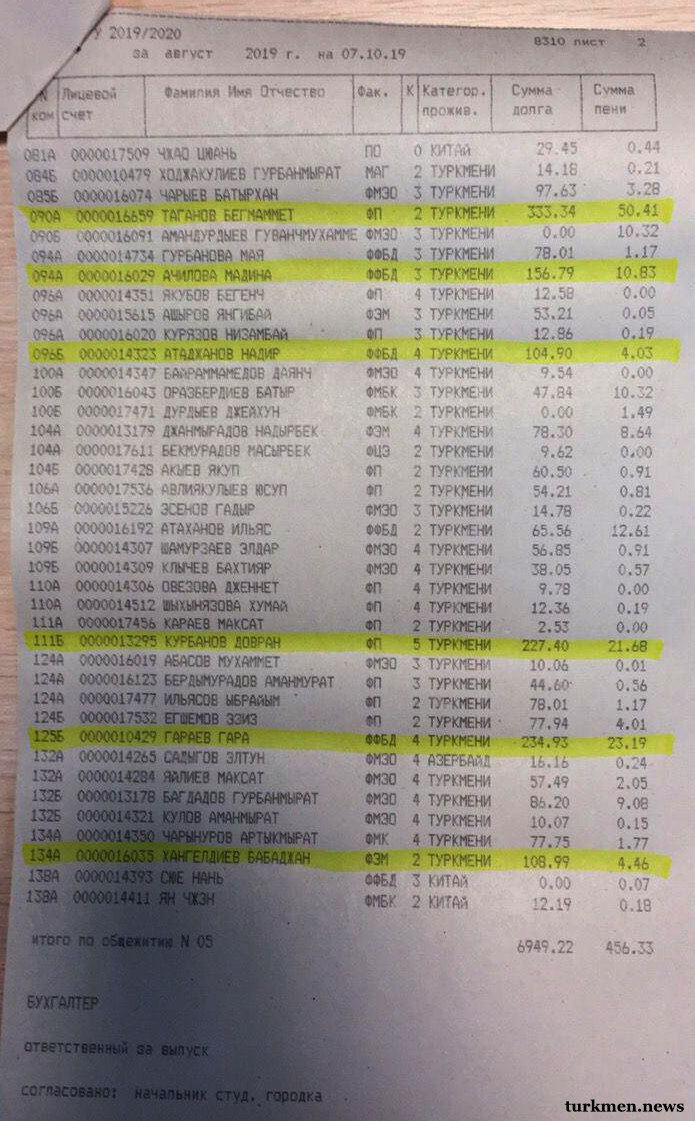
Turkmen Students in Belarus Face Growing Debts
14.10.2019
At the outset the International University for the Humanities and Development (IUHD) in Ashgabat enjoyed a reputation as the most liberal higher education establishment in the country. It offered a Western system of education with a Turkmen flavor in the form of compulsory student participation in various kinds of events. This is according to graduates and teaching staff. In the university’s early years students were sometimes shocked and disconcerted by the lecture topics. Judge for yourself: lecturers on international relations talked about different systems of state governance, citing Turkmenistan as an example of authoritarianism. Gender equality and the problems of lesbians, gays, bisexuals and transgender people were discussed with humanities students. This in a country where rights and freedoms can be discussed only in a very narrow circle, and sex between men is a crime.
Even though a year’s study at the university cost 6,800 manats (around $370), the Humanities University soon became popular with young Turkmen, especially the Turkmen elite, for its liberal approach among other things. Daughters of two deputy foreign ministers of Turkmenistan, Vepa Hajiev and Berdyniyaz Myatiev, are completing their studies there. The granddaughters of Turkmen poet Gurbannazar Ezizov are graduates, while two of his relatives hold senior positions at the university.
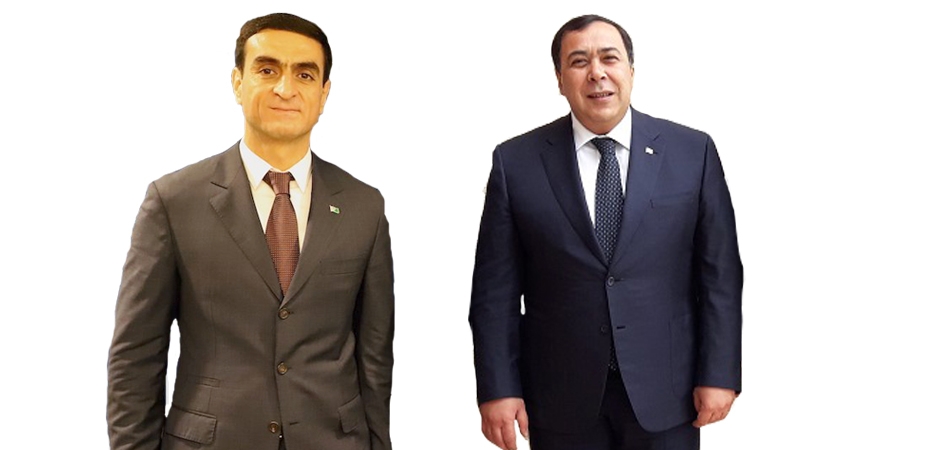
However, such freedom of expression and license for students (they were even allowed not to wear uniform once a week!) couldn’t go on for long. Twelve to 18 months after the opening of the university the limited number of foreign teachers were politely asked to leave the university, while the Turkmen lecturers who had studied in the West were carefully screened: anyone with excessively liberal views and approaches was simply sent away. Graduates of Turkmen State University’s history faculty now teach the humanities instead of the foreigners, while the pro-rector for academic issues is 26-year-old Nurmuhammet Shikhliev, another graduate of Turkmen State University and son of the former adviser to the Turkmen ambassador in Ankara and current chief specialist for work with Visa cards at the State Bank for Foreign Economic Affairs.
The university is a shadow of its former self, sources say. Turkmen.news correspondent Selim Khaknepesov has talked to graduates and current students about the university’s brief, glorious past, about teaching as it was and is now, about current problems, and the sectors where the young specialists have been able to put their expertise to good use.
The International University of the Humanities and Development had its ceremonial opening in 2014 with a first intake of 280 students. Instruction in English according to the Western grading (credit) system, foreign lecturers, and local teachers with at least a Master’s degree from a U.S. or European university – this was all nigh on incredible, especially against the backdrop of the closure in 2012 of the Ashgabat branch of the Gubkin Russian State Oil and Gas University, which had been open for just four years, and the start of hard times for the International Turkmen-Turkish University, another, until recently prestigious, establishment with a strong faculty which was being slowly suffocated.
The core of the first students at the new university were young people with academic experience abroad on exchange programs, and those who had excellent English from working in international organizations and diplomatic missions. Turkmen.news’ interviewees remembered the university’s early years with great nostalgia.
The topics were varied and hard-hitting from the political systems of states around the world and different models of economic development to gender equality and LGBT rights. The lecturers did not shy away from putting Turkmenistan on a par with the world’s authoritarian regimes, drawing parallels between corruption and the abuse of power on the one hand, and state control of all aspects of the life of society on the other. After such lectures and seminars, the students would be in shock from the comments and interconnections, some would even be quietly indignant, but absolutely everyone listened spellbound to the lecturers.
Agents from the ministry had regular conversations with the humanities students; they particularly disliked the lectures on sex, and not just sex but “amoral depraved forms of intercourse alien to the Turkmen.” They used the students to put together information on specific teachers (the names are known to turkmen.news), specifically whether they had made attempts to spread ideas of LGBT equality. The conversations took place in the deans’ offices. The graduates are convinced that the security agencies had their informers amongst the students, especially those who hated any talk of gender identity.
As a result, the foreign teachers were soon replaced with local ones, while the students were sent with increasing frequency to take part in state events compulsory for students at other universities. A new bus stop is being opened – off you go to the festivities; there’s a greening campaign – bring a spade and start digging. There were dozens, even hundreds, of these events a year. American Alan DeYoung from the University of Kentucky worked at the University of the Humanities and Development for just three months. They say his contract was terminated because of meetings with female students at the university and the alleged collection of some kind of information. Only a small circle of people know whether this is really the case or not, but the secret services got what they wanted – the departure of the unwelcome professor.

Yuko Sogame, a teacher of Japanese, lasted a year. They said the woman had slightly too much to drink at a reception at the Oguzkent hotel and fell asleep at a bus stop. When a police patrol approached her, she thought they wanted to rape her and started screaming and fighting. There again, an outsider spread this story around the university. One of the last to leave the country was the Cambridge University graduate, Diana Kudaibergenova, who worked at IUHD for around two and a half years.
There are no foreign teachers left at all at the international university, even the teachers of English in the preparatory department are all Turkmen. Though to be fair it should be said that there were strong, energetic teachers among the local staff too. For example, teachers in the information technology faculty created the RoboRAVE teaching program on robotics in order to teach students to design, create, program, and test robots to accomplish various tasks. But many left the university on their own initiative – some had had enough of the pressure from all sides, others were openly disappointed about the university’s untapped potential, for which expectations had been very different.
Even though the IUHD is a state educational institution and the ministry gives its graduates their degrees, the authorities never considered the university their own. From the outset students and graduates have felt ignored, as though they were outsiders. How else to explain the fact that after completing their studies the university’s graduates have to do two years practical work in their own regions? Yes, the university is supposed to follow the Western education model, in which students usually do internships during their studies. But an additional two years after graduating is a pure waste of time, according to the students. But neither their arguments nor complaints to the Education Ministry produced a result. And internships can be done only in state bodies or private enterprises, not in international firms or organizations. They cannot be done abroad, as it’s impossible to leave the country during your studies, though for some students these restrictions are just on paper.
For example, Aylar Hajieva, a final year student in the faculty of international law and daughter of First Deputy Foreign Minister Vepa Hajiyev, did her internship in London in a private law firm. Aylar flew to the British capital during her studies too, several times. Though the bans and restrictions imposed on the students by the university are ridiculous in themselves, the disregard that Aylar and her state official of a father show for the university’s rules are typical of the future lawyer’s attitude towards the law as a whole. The law is not written for the likes of Aylar Hajieva.
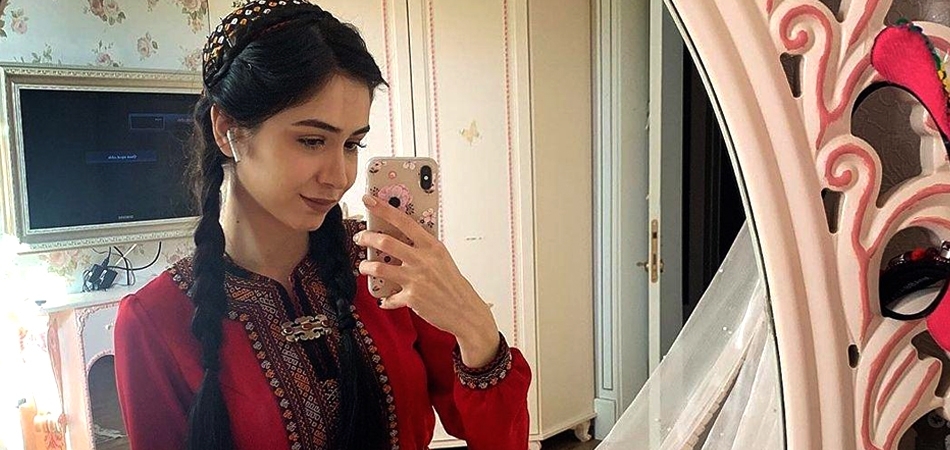
The university leadership in the person of its rector, Esen Aydogdiev, the best diplomat in Turkmenistan according to his Wikipedia entry (the entry has been edited after turkmen.news published the Russian version of this story), does seem concerned about the problems of the university’s status in the Turkmen Education Ministry system and also the fall in the quality of instruction following the departure of the foreign teachers. The rector’s attempts to introduce new programs and projects for the students in order to make the teaching process different from the country’s other universities have not produced the desired result. The international university, of which there were such high hopes, today ranks alongside the country’s other higher education institutions, which value obedience and a sense of duty, active participation in events, and keeping an eye on fellow students, rather than academic success and the ability to think critically.
As for the new university’s graduates, the overwhelming majority of young lawyers, economists, and diplomats have not been able to find work in their area of expertise. They are outsiders here and surplus to requirements. Many of them work as ordinary teachers in secondary schools or language centers, teaching adults and children, thanks to their excellent knowledge of English and other languages and of computers. It goes without saying that graduates in sociology or philosophy have not been able to find work according to their specialisms.
“A plant does not grow in the shadow of the jail,” the great Makhtumkuli wrote. This was the case of the International University of the Humanities and Development. It started off as a good idea from President Gurbanguly Berdimuhamedov – open a modern international university in the country that will follow international standards and involve foreign teachers to prepare the highly qualified specialists Turkmenistan badly needs. But just as a good seed does not grow in the wrong soil, such an educational institution could not survive in Turkmenistan’s conditions. It was naïve to expect that the Western model of education could work in a country with no civil and political freedoms, no freedom of the press or expression, and which regularly languishes near the bottom of the rankings on human rights.
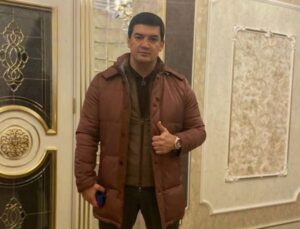
Upmarket Bar in Ashgabat Closed After Brawls Involving President’s Cousins
08.04.2024

Petrofac Back in Favour in Turkmenistan After Falling Foul of Berdimuhamedov
18.03.2024
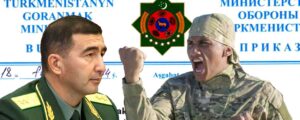
Turkmenistan’s Defense Minister Deprived Officers From Housing Entitlement Despite Widespread Resignations
28.02.2024
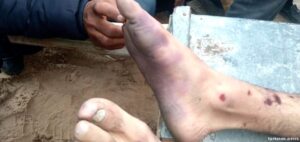
Turkmen Prosecutor’s Office Claims Baloch Detainee’s Fatal Wounds Were Self-Inflicted
01.02.2024
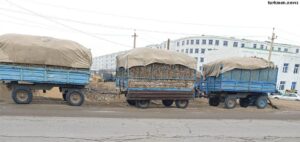
Low Prices Lead Turkmen Farmers to Sell Cotton Harvest Residues for Fodder
19.01.2024
Tell us!
Add comment
your e-mail will not be published